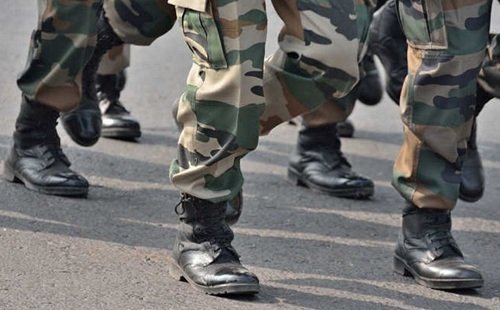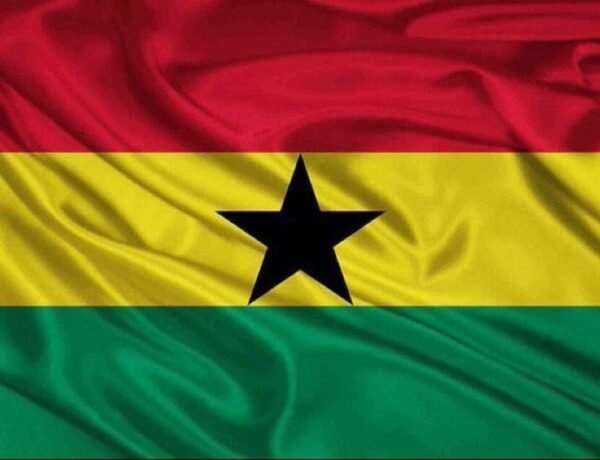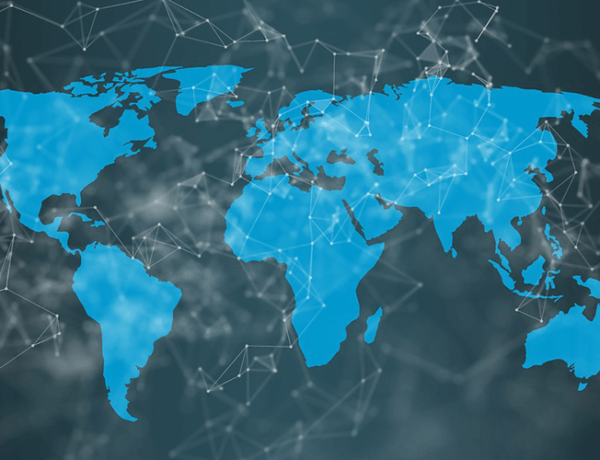Introduction
“The nationalist historians of 19th-century Germany such as Sybel and Treitschke, the maritime and nationalist historians of Victorian England like J. R. Seeley, wrote with a definite didactic purpose, to awaken emotions of patriotism and loyalty.”
Two key words –“patriotism and loyalty”- are gleaned from the above quotation to frame this blogpost; because both words partly constitute the foundation of public institutions, private organizations and administration of a society. Globally, security institutions such as the military and police have “patriotism and loyalty” tenets ingrained into their training programmes, with a view to serving faithfully the citizens and nations of which they are employed. Sadly, these two key virtues –“patriotism and loyalty” -are disappearing from the conducts, actions and professional standards of the Ghana Armed Forces and Ghana Police Service, which this blogpost subsequently addresses.
Ablekuma-North and Spintex Episodes
There are copious examples of military and police assaults and brutalities of Ghanaian civilians, which betray lack of “patriotism and loyalty” required of these professionals to support the democratic structure of Ghana. Simply, “patriotism” is defined as “the degree of love for pride in one’s nation” Working with this simple definition, it is obvious that the attacks visited on some Ghanaian citizens, particularly media practitioners at Ablekuma-North and Spintex in July 2025, represent an entrenched practice mirroring hubris and abuse of office and position, characterising these two security forces in the Ghanaian society. The point must also be emphasised that such abusive behaviours offend the tenets of patriotism; because, without the people populating the nation called Ghana there will be no need for security forces. Thus, the tenets of patriotism demand that these military and police personnel work to protect and respect the dignity of the Ghanaian citizenry as an obligation. Conversely, “Loyalty includes fidelity in carrying out one’s duties to the person or group of persons who are the object of loyalty” In this vein, the military and police forces owe it as a duty to guard and protect the public and citizens in a spirit of nationalism. Thus, the attacks against civilians and media practitioners in public spaces and private centres violate both principles of “patriotism” and “fidelity”; and by extension, undercut Ghana’s democratic architecture of which Mahama’s resetting agenda is in focus.
Mahama’s Response: A Sign of Resetting Ghana?
The vices of military and police attacks against civilians and journalists are age-long feat, which gained notoriety during the 1979 Revolution, and pervaded successive reigns of governments of Ghana down the years. Although this practice is inimical to democracy and freedom of speech, some drastic governmental actions are urgently required to stem them; thus President Mahama (Mahama)’s condemnation of the acts and call for investigation into the conduct appeared to have resonated with the public’s demand for accountability. Lost on most of these security forces, they are mere servants of the Ghanaian society and its citizens. The call for investigation should not serve as public relations strategy to soothe the public but as a conscientious effort to rid the Ghanaian security forces of hubris, unprofessionalism and unpatriotic traits, combining to disfigure the values of civilian reign anchored in democratic principles. Without stemming these savage attitudes of the security forces, the public would feel disrespected, disheartened and undervalued, which may dampen the goodwill Ghanaians are affording Mahama and his resetting agenda.
Concluding Remarks
So much goodwill had been offered Mahama and the NDC party as manifested in the 2024 general election results. And one profound lesson gleaned from the election is that Ghanaians are fast becoming savvy with electoral processes and cannot be taken for granted anymore. Therefore, Mahama must ensure that the findings of the investigations are published; while appropriate sanctions are instituted against the offending officers publicly to serve as a precedent and deterrence. Anything contrary or a frivolous ploy to cover this reprehensible behaviour would not only dent the status of Ghana’s democratic credentials, but also hang heavily like clouds over Mahama and the NDC. Resetting equally demands disciplined security forces that demonstrate “patriotism and loyalty” to citizens and country.




